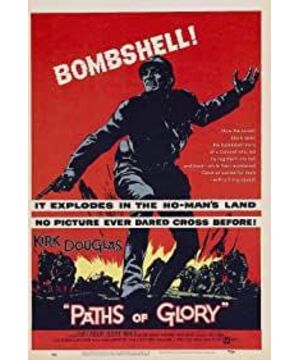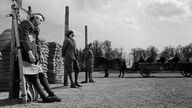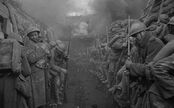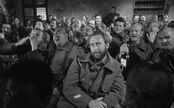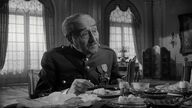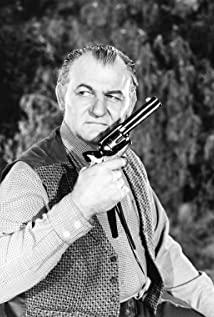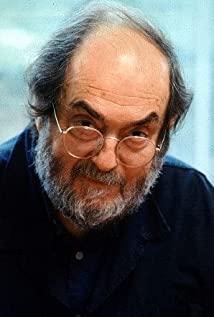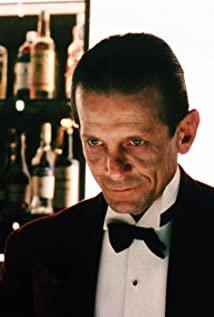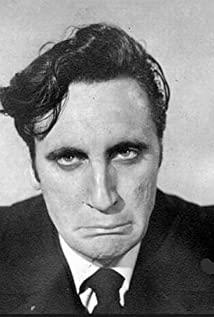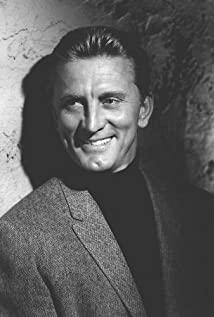Paths of Glory evaluation action
-
Gideon 2021-10-22 14:41:47
Gentlemen of the court, there are times that I'm ashamed to be a member of the human race and this is one such occasion.
-
Isabel 2022-04-24 07:01:03
From the end, did Kubrick still believe that human nature is inherently good and that human reason can dispel desire? (Another director who uses the language of film with incredible precision... I always thought that if anyone could make Das Kapital into a movie, it would be Stanley Kubrick)
-
Pvt. Pierre Arnaud: I'm not afraid of dying tomorrow, only of getting killed.
soldier in bunk: That's as clear as mud.
Pvt. Pierre Arnaud: Well, which would you rather be done in by: a bayonet or a machine gun?
soldier in bunk: Oh, a machine gun, naturally.
Pvt. Pierre Arnaud: Naturally, that's just my point. They're both pieces of steel ripping into your guts, only the machine gun is quicker, cleaner, and less painful, isn't it?
soldier in bunk: Yeah, but what does that prove?
Pvt. Pierre Arnaud: That proves that most of us are more afraid of getting hurt than of getting killed. Look at Bernard. He panics when it comes to gas. Gas doesn't bother me a bit. He's seen photos of gas cases. Doesn't mean anything to me. But I'll tell you something though, I'd hate like the devil to be without my tin hat. But on the other hand I don't mind not having a tin hat for my tail. Why is that?
soldier in bunk: You're darn tootin', because...
Pvt. Pierre Arnaud: Because I know a wound to the head would hurt much more than one to the tail. The tail is just meat but the head- ah, the head is all bone.
soldier in bunk: That's...
Pvt. Pierre Arnaud: Tell me this. Aside from the bayonet, what are you most afraid of?
soldier in bunk: High explosives.
Pvt. Pierre Arnaud: Exactly, and it's the same with me, because, because I know that it can chew you up worse than anything else. Look, just like I'm trying to tell you, if you're really afraid of dying you'd be living in a funk all the rest of your life because you know you've got to go someday, anyday. And besides...
soldier in bunk: Yes?
Pvt. Pierre Arnaud: If it's death that you're really afraid of why should you care about what it is that kills you?
soldier in bunk: Oh, you're too smart for me, Professor. All I know is, nobody wants to die.
-
Colonel Dax: Gentlemen of the court, there are times when I'm ashamed to be a member of the human race and this is one such occasion. It's impossible for me to summarise the case for the defence since the Court never allowed me a reasonable opportunity to present that case.
General Mireau: Are you protesting the authenticity of this court?
Colonel Dax: [pause] Yes, sir. I protest against being prevented from introducing evidence which I considered vital to the defence; the prosecution presented no witnesses; there has never been a written indictment of charges made against the defendants, and lastly, I protest against the fact that no stenographic records of this trial have been kept.
[pause]
Colonel Dax: The attack yesterday morning was no stain on the honour of France, and certainly no disgrace to the fighting men of this nation. But this Court Martial is such a stain, and such a disgrace. The case made against these men is a mockery of all human justice. Gentlemen of the court, to find these men guilty would be a crime, to haunt each of you till the day you die. I can't believe that the noblest impulse for man - his compassion for another - can be completely dead here. Therefore, I humbly beg you... show mercy to these men.


